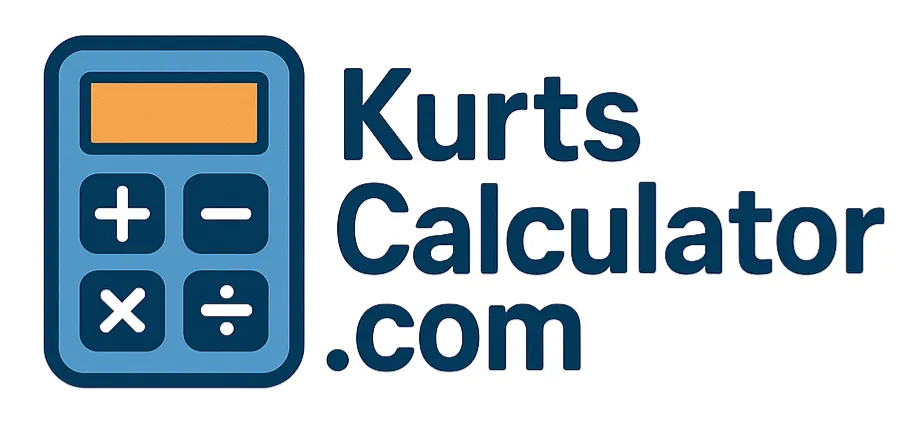California Property Taxes
The fiscal year period for the state of California runs from July 1st to June 30th. Property taxes are assessed and collected at the County level. With rare exceptions, there are no separate tax bills issued by either cities or school districts.
Property taxes are collected in two equal installments. The first installment, representing July 1st through December 31st is due on November 1st and delinquent on December 10th. The second installment, representing January 1st through June 30th, is due on March 1st and delinquent on April 10th. Payments must be received (not postmarked) by 5:00 on the delinquent date or will be assessed a 10 percent penalty. The penalties increase substantially if not paid by June 30th of that tax year.
The amount of the taxes is determined by the value of the property. At a minimum, for the first full fiscal year after purchase, most homeowners will pay property taxes equal to 1 percent of the sales price. The property value may be adjusted by the assessor each year to account for inflation, but any annual upwards adjustment cannot exceed 2 percent. In many communities, an additional assessment will be levied due to bonds that have been voter approved. These additional assessments typically fund school districts, transportation needs, water supplies, sanitary districts and regional parks. As a general rule, these assessments will add an additional .25 to .50 percent to the amount of the tax bill.
After the close of escrow, most borrowers will receive a supplemental tax bill in addition to the regular tax bill. The regular tax bill is essentially the sellers' tax bill. Although the buyer will be responsible for the bill, it reflects the value of the property at the time the seller owned it. The supplemental tax bill is based on the difference between the seller's value, as determined by the existing tax rolls, and the new value, established at the time of sale. The amount due is prorated over the remaining months of the fiscal year.
A Homeowner's Exemption will reduce the assessed value of your home by $7,000. To apply for a Homeowners Exemption, contact your County Tax Assessor.
Homeowner’s Property Tax Installment Calendar

This is not a commitment to lend. All loans are subject to credit approval. This information is not intended to be an indication of loan qualification, loan approval or commitment to lend. Other limitations may apply. No Tax Return loans products require other forms of income documentation and asset verification in lieu of tax returns. Not all applicants will qualify. Some products we offer may have a higher interest rate, more points or more fees than other products requiring more extensive or different documentation. Minimum FICO, reserve, and other requirements apply.
Kurt Raymond Kessler NMLS #365130 | Barrett Financial Group, L.L.C. NMLS #181106 | 2701 East Insight Way, Suite 150, Chandler, AZ 85286 | CA 60DBO-46052 & 41DBO-148702
Licensed by Dept. of Financial Protection & Innovation under the California Residential Mortgage Lending Act. Loans made or arranged pursuant to a California Financing Law License


Licensing | Legal | Privacy-Policy/Terms & Conditions | Accessibility Statement | NMLS Consumer Access | www.barrettfinancial.com
All Rights Reserved | Copyright © 2025


